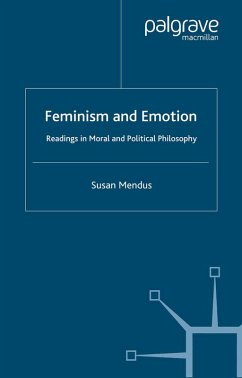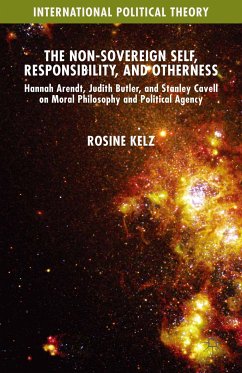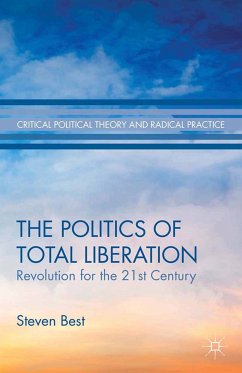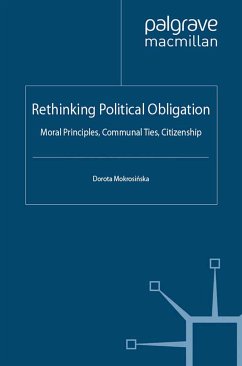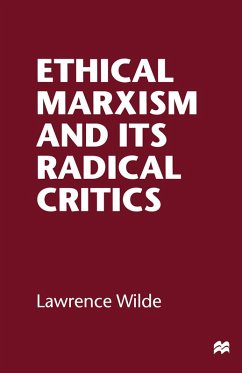
Ethical Marxism and its Radical Critics (eBook, PDF)
Versandkostenfrei!
Sofort per Download lieferbar
72,95 €
inkl. MwSt.
Weitere Ausgaben:

PAYBACK Punkte
36 °P sammeln!
Ethical Marxism and its Radical Critics argues that Marx's conception of human essence is the foundation for an ethic of liberation which permeates his social theory. It testifies to his significant debt to Greek philosophy and culture. Wilde examines how his humanistic ethic was developed by Marcuse and Fromm, and how it has been rejected by Habermas and Gorz. He also explores reservations expressed from feminist and ecological standpoints. The book has been revised in the light of these criticisms, and offers insights into how progress may be made towards a socialist ethical community.
Dieser Download kann aus rechtlichen Gründen nur mit Rechnungsadresse in A, B, BG, CY, CZ, D, DK, EW, E, FIN, F, GR, HR, H, IRL, I, LT, L, LR, M, NL, PL, P, R, S, SLO, SK ausgeliefert werden.




